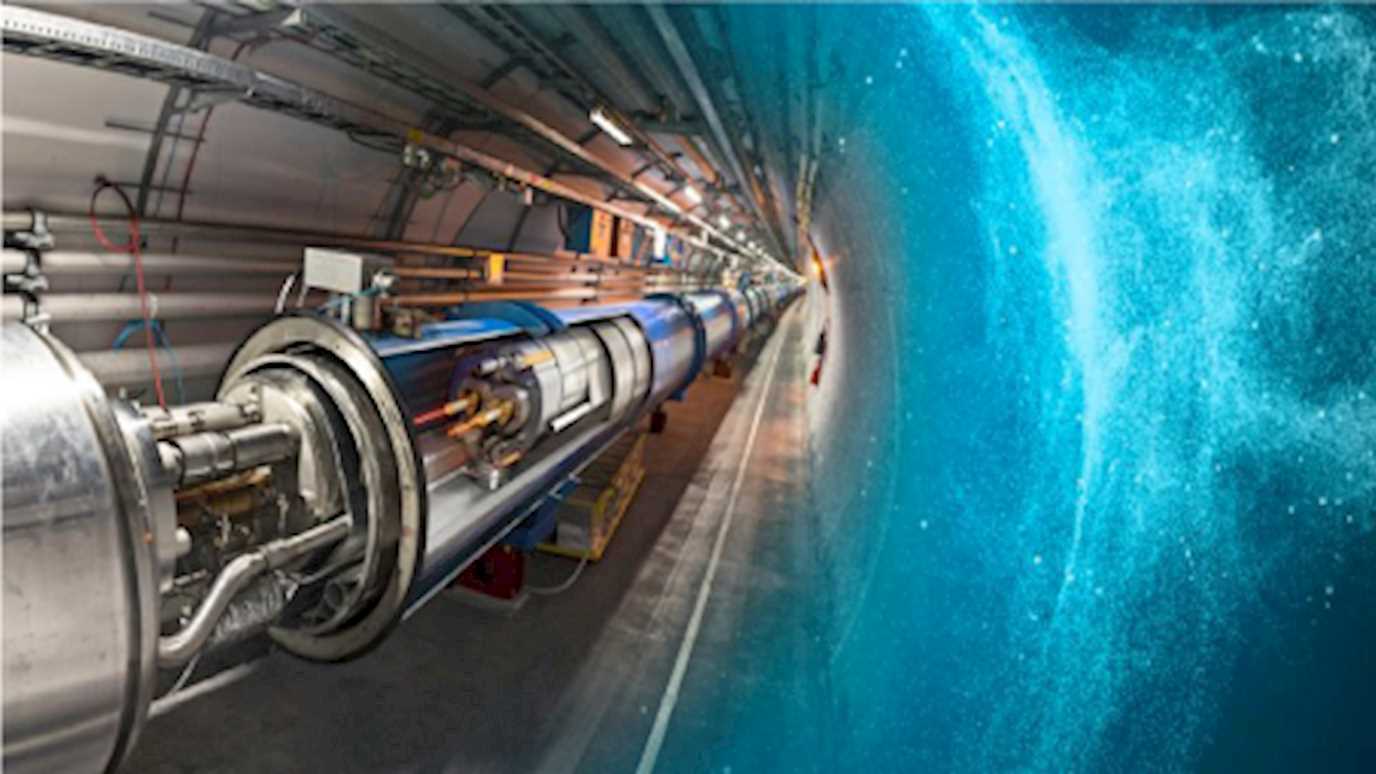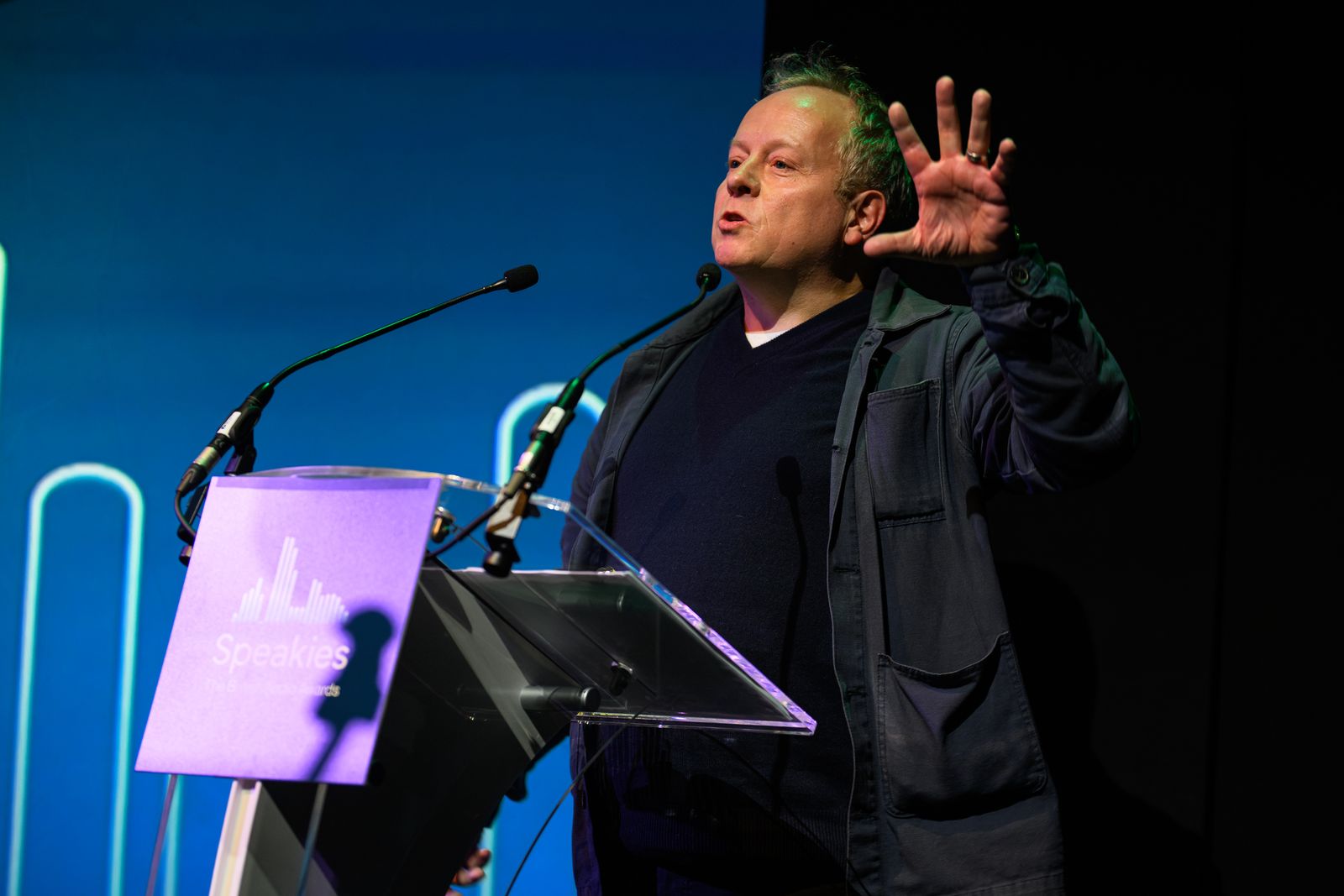Scientists from Royal Holloway’s Department of Physics are among thousands of researchers worldwide honoured with the 2025 Breakthrough Prize in Fundamental Physics.

Particle CERN tunnel.
Scientists from Royal Holloway’s Department of Physics are among thousands of researchers worldwide to be honoured with the 2025 Breakthrough Prize in Fundamental Physics.
It was awarded to the ATLAS Collaboration, a general-purpose particle physics experiment at CERN's Large Hadron Collider (LHC), alongside its sister experiments ALICE, CMS and LHCb.
The Breakthrough Prize specifically highlights the ATLAS Collaboration’s significant contributions to particle physics, including detailed measurements of Higgs boson properties, studies of rare processes and matter-antimatter asymmetry, and the exploration of nature under the most extreme conditions.
Professor Stephen Gibson, Head of Department of Physics at Royal Holloway and Accelerator Group Leader of the Collaboration, said: "Our team's work on novel statistical data analysis techniques exemplifies the innovation driving ATLAS forward. This recognition affirms the impact of our contributions and inspires us to continue exploring the universe’s most fundamental questions."
The ATLAS collaboration is co-founded by the Department of Physics at Royal Holloway.
Professor Veronique Boisvert, Professor at Centre for Particle Physics and Astronomy at Royal Holloway and Group Leader of the Collaboration commented: “I’m extremely proud of our group’s contributions. These included precision measurements in top quark physics and Higgs physics, as well as searches for new particles. The contributions of our early career researchers were essential to achieving these results.”
ATLAS is one of the largest and most complex scientific instruments ever built. As a general-purpose particle detector measuring over 40 metres in length and around 25 metres in height, it was designed to investigate the fundamental building blocks of matter and the fundamental forces governing our universe. Its systems track particles produced in particle collisions at unprecedented energies, enabling discoveries like the Higgs particle and searches for new physics beyond the Standard Model.
Professor Pedro Teixeira-Dias, Professor of Particle Physics who has led the Higgs particle research group at Royal Holloway, added: "Researchers at Royal Holloway have been key contributors to searches for new and rare modes of Higgs particle production as well as the detailed characterisation of the properties of the Higgs particle." Professor Teixeira-Dias is also the Principal Investigator of the consortium of fifteen UK institutes that are part of the ATLAS experiment.
Royal Holloway’s team of physicists are now preparing ATLAS for its next chapter. They are leading the development of critical software for the ultra-fast trigger system for the High-Luminosity LHC, which will increase collision rates tenfold when it begins operation in 2030.

























